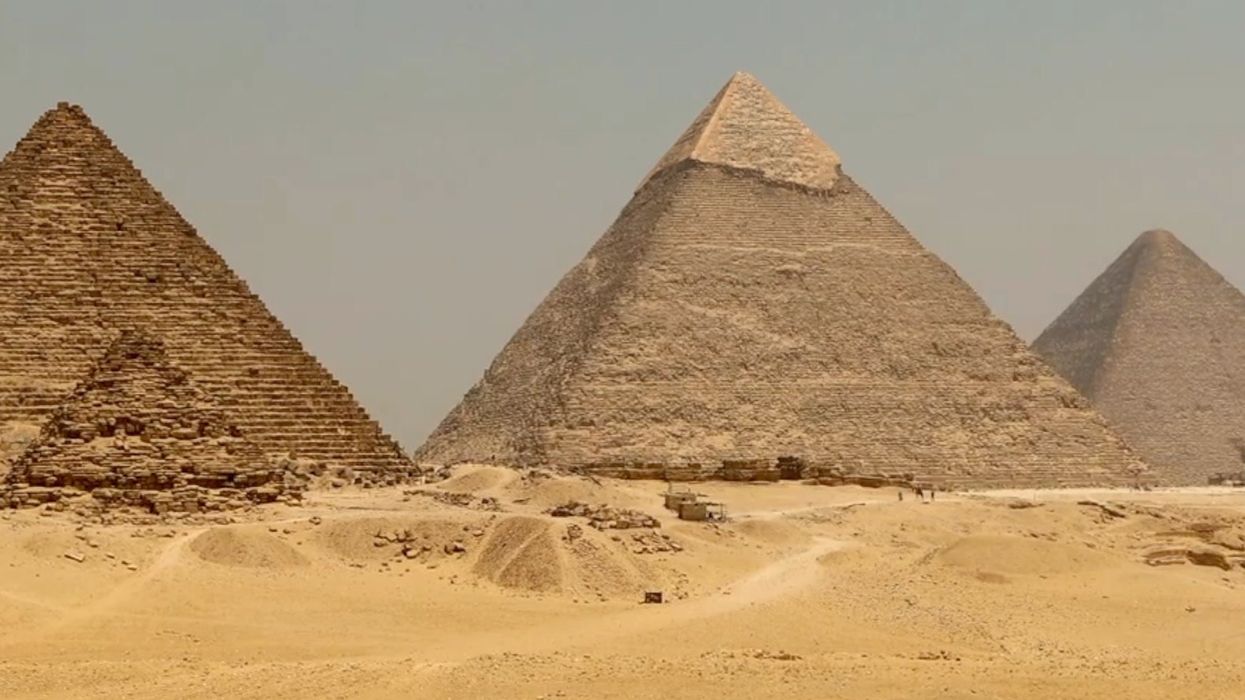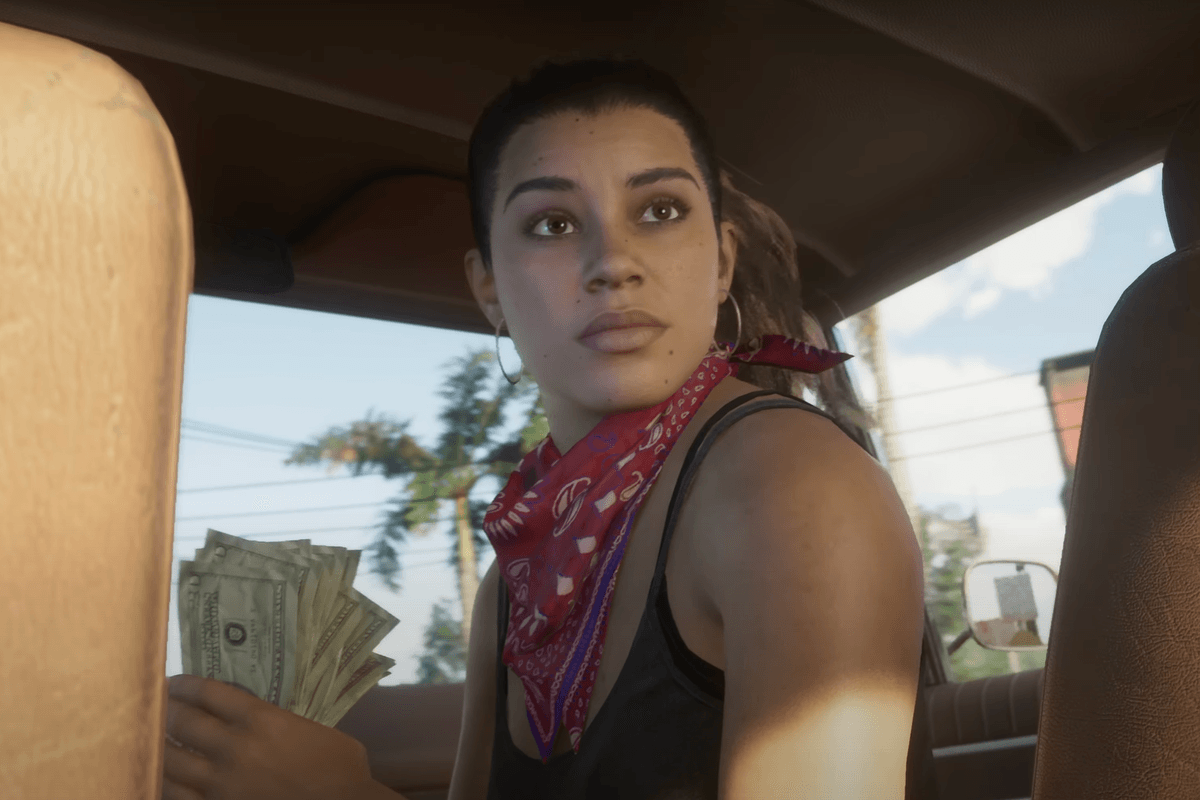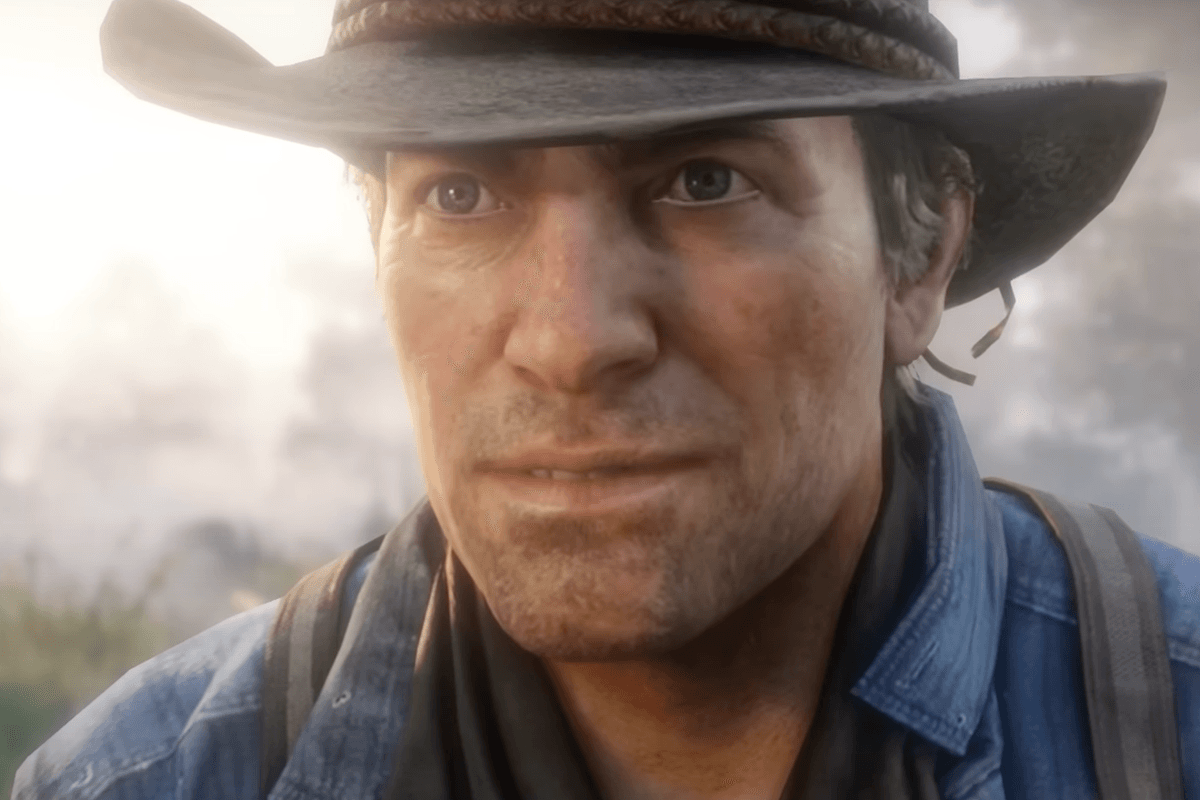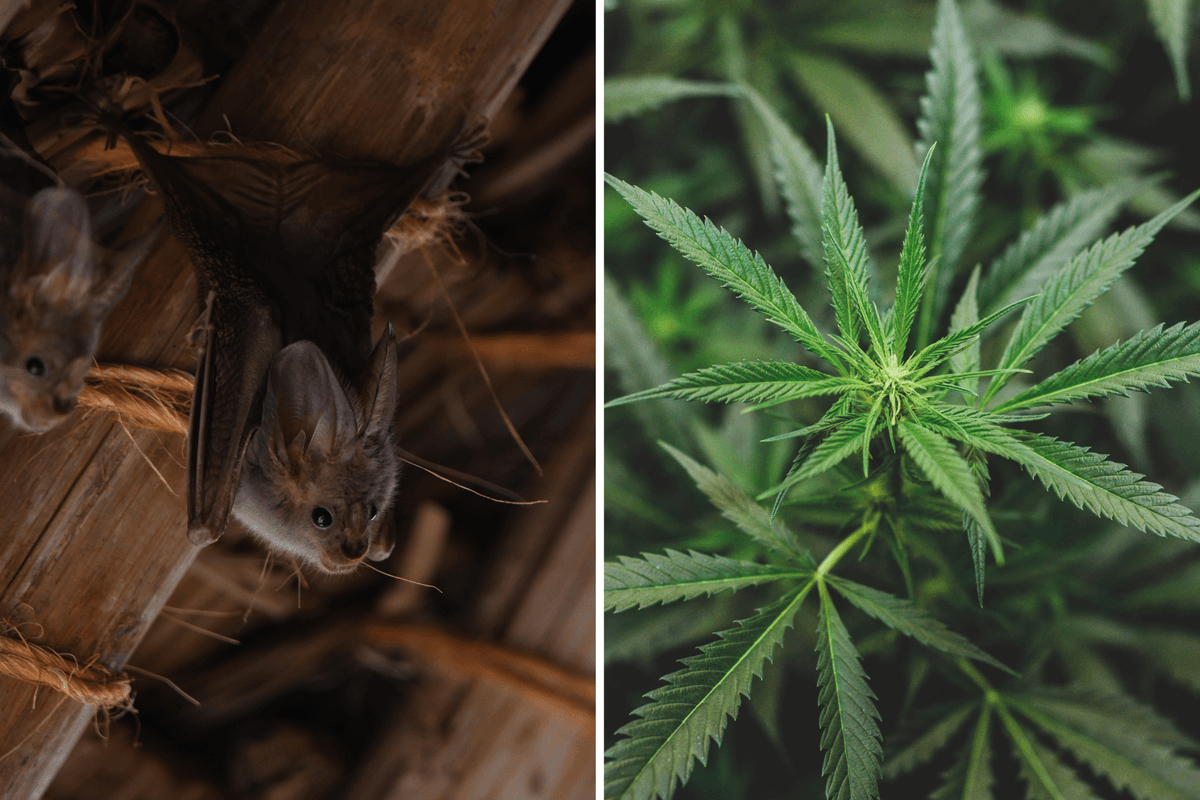Greg Evans
Nov 28, 2024
Experts May Have Just Figured Out How the Ancient Egyptians Built the …
ZMG - Amaze Lab / VideoElephant
A landmark discovery on an ancient branch of the River Nile may have solved the mystery of how the pyramids in Egypt were built centuries ago.
The now dried-out waterway, which once ran through Giza might have been used to transport the materials that were used to construct the pyramids.
The proximity to the waterway might also suggest why there is such a cluster of pyramids in that particular area of Cairo, as the large amount of water would have been able to support the various building blocks needed for the colossal structures.
The discovery was made by Dr Eman Ghoneim who used radar satellite data from space to study the Nile Valley which showed an "invisible world of information beneath the surface." Ghoneim presented her research to the 13th Congress of Egyptologists earlier this year.
Speaking to IFLScience Ghoneim said: "The length probably was really, really long, but also the width of this branch in some areas was huge. We're talking about half a kilometer or more in terms of width, which is something that is equivalent to today's Nile course width. So it wasn't a small branch. It was a major branch."
The defunct waterway has been dubbed the Ahramat Branch and ran from Giza to Faiyum and amazingly passed through 38 different pyramid sites.
However, without confirmation of whether the river was active during the Old and Middle Kingdoms, around 4,700 years ago, cannot fully determine if water was used to help build the pyramids.
One indication that it could have been used is that according to Ghoneim these pyramids were "located exactly at the bank of the branch that we found" which could mean that they were "valley temples" which acted like ancient ports.
The research might not just unlock the secrets of the pyramids but it could also uncover parts of ancient Egypt that have long been lost as towns disappeared when the Nile naturally migrated.
Ghoneim added: "As branches disappeared, Ancient Egyptian cities and towns also silted up and disappeared, and we have no clue actually where to find them."
This article was originally published on 2 December, 2023.
How to join the indy100's free WhatsApp channel
Sign up to our free indy100 weekly newsletter
Have your say in our news democracy. Click the upvote icon at the top of the page to help raise this article through the indy100 rankings.
Top 100
The Conversation (0)













